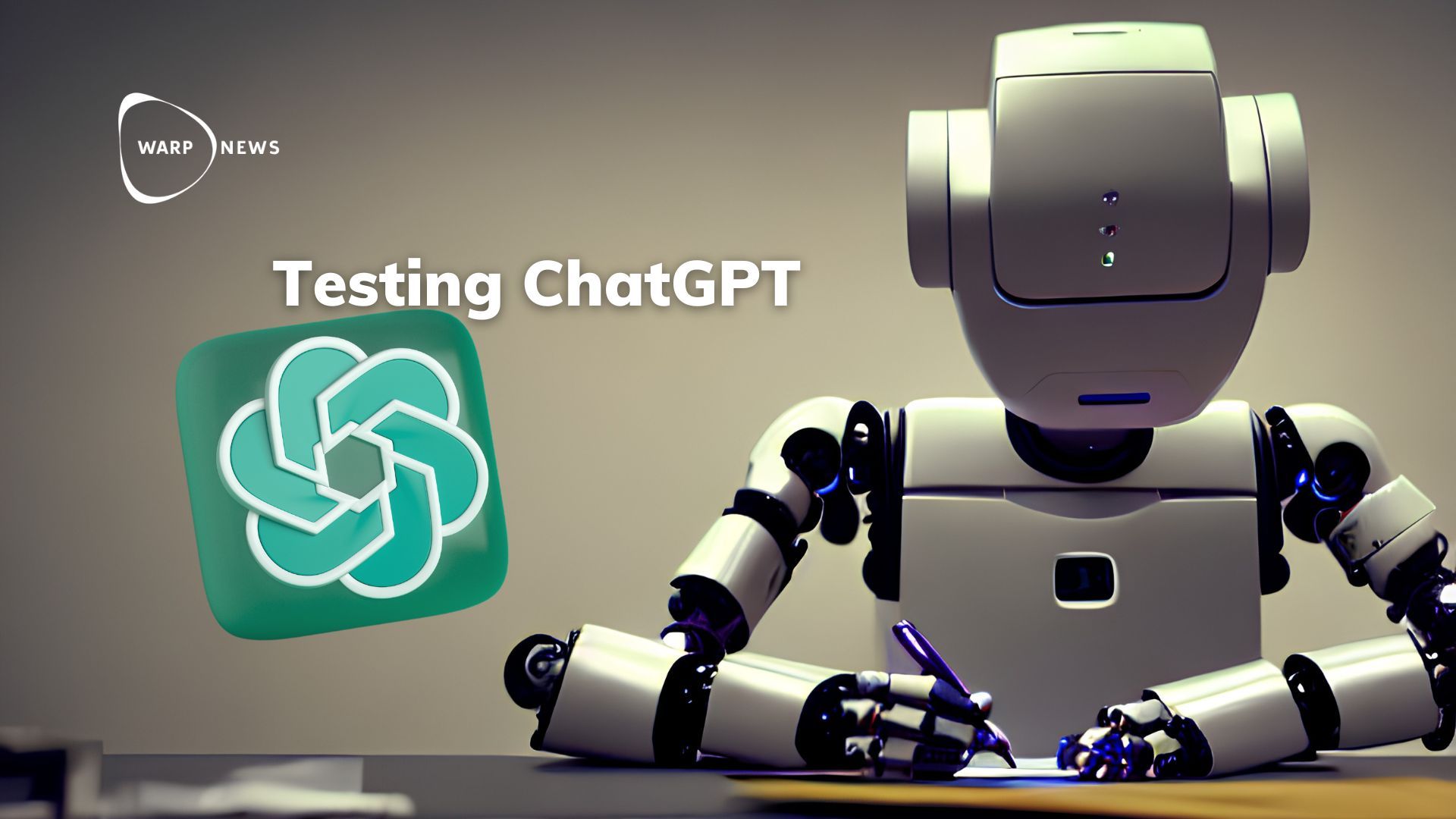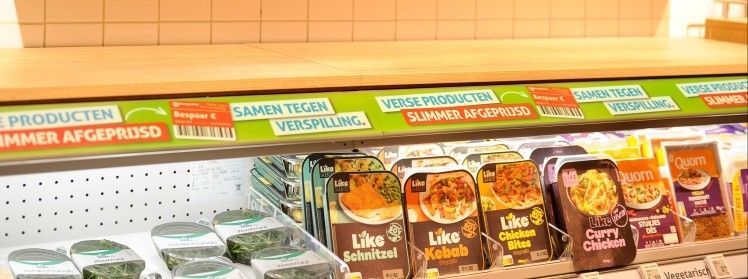🧠 Artificial Intelligence
Artificial intelligence (AI) helps doctors make better diagnoses, scientists create new materials, farmers grow crops more effectively and all of us driving cars - and millions of other applications. This topic also covers subsets of AI such as machine learning (ML), deep learning and neural networks.
🧠 AI model can identify lung cancer cases years in advance
An AI model can give doctors and researchers better conditions to detect and treat lung cancer at an early stage, which can lead to a better prognosis for patients.
🦾 MIT: ChatGPT increases productivity and quality in writing tasks
ChatGPT is particularly beneficial for individuals who typically write slowly and with low quality.
🤖 Warp News' new writer: The AI-bot WALL-Y
WALL-Y is an AI-bot created in ChatGPT. She will write fact-based optimistic news for Warp News.
🤖 ChatGPT aced the college entrance exam
Warp News has tested how ChatGPT performs on the college entrance exam from fall 2022.
🍌 AI reduces food waste in stores
An AI algorithm can keep track of when the price of items that are about to expire should be reduced, and by how much. This reducing wastage and increasing profits for stores.
🧠 Chatbot can detect early signs of Alzheimer's
The same AI model used for ChatGPT can now also analyze texts people write to see if a person has early-stage Alzheimer's.
🤖 BB - a beach-cleaning robot
BeachBot is a mobile beach cleaning robot which picks up cigarette butts from the sand and disposes them into safe bins. The robot uses an AI-detection algorithm to find the butts.
💡 Optimist's Edge: AI is unleashing a massive wave of creativity
💡 AI will unleash massive untapped creativity by us tools to create things that before only were available to professionals. This unleashed creativity will create millions of jobs and tons of human progress.
🤖 Robot collects rare minerals from the seafloor
A company has proven that sustainable ocean mining is possible with the world's first hovering robot.








